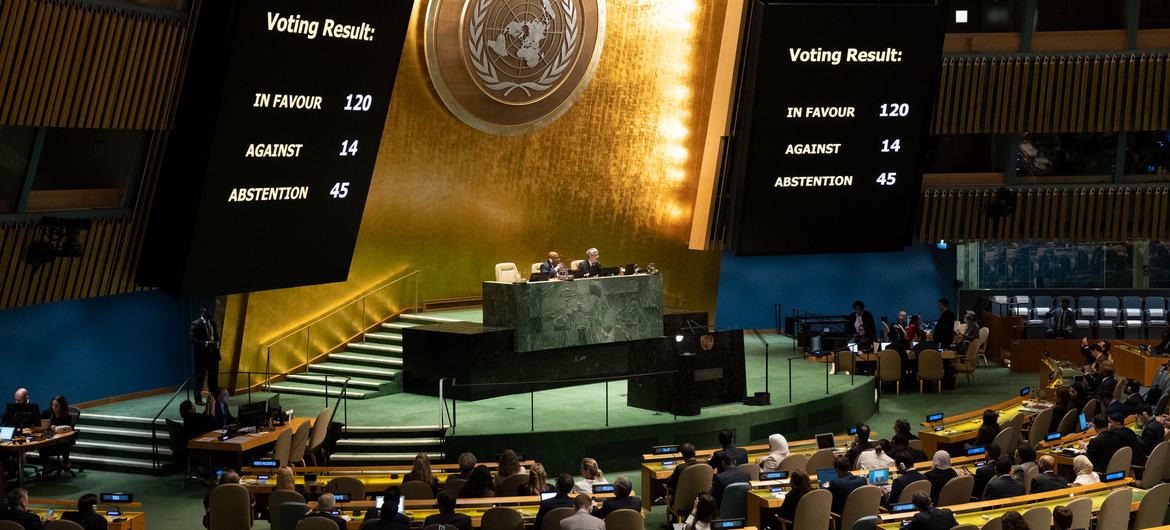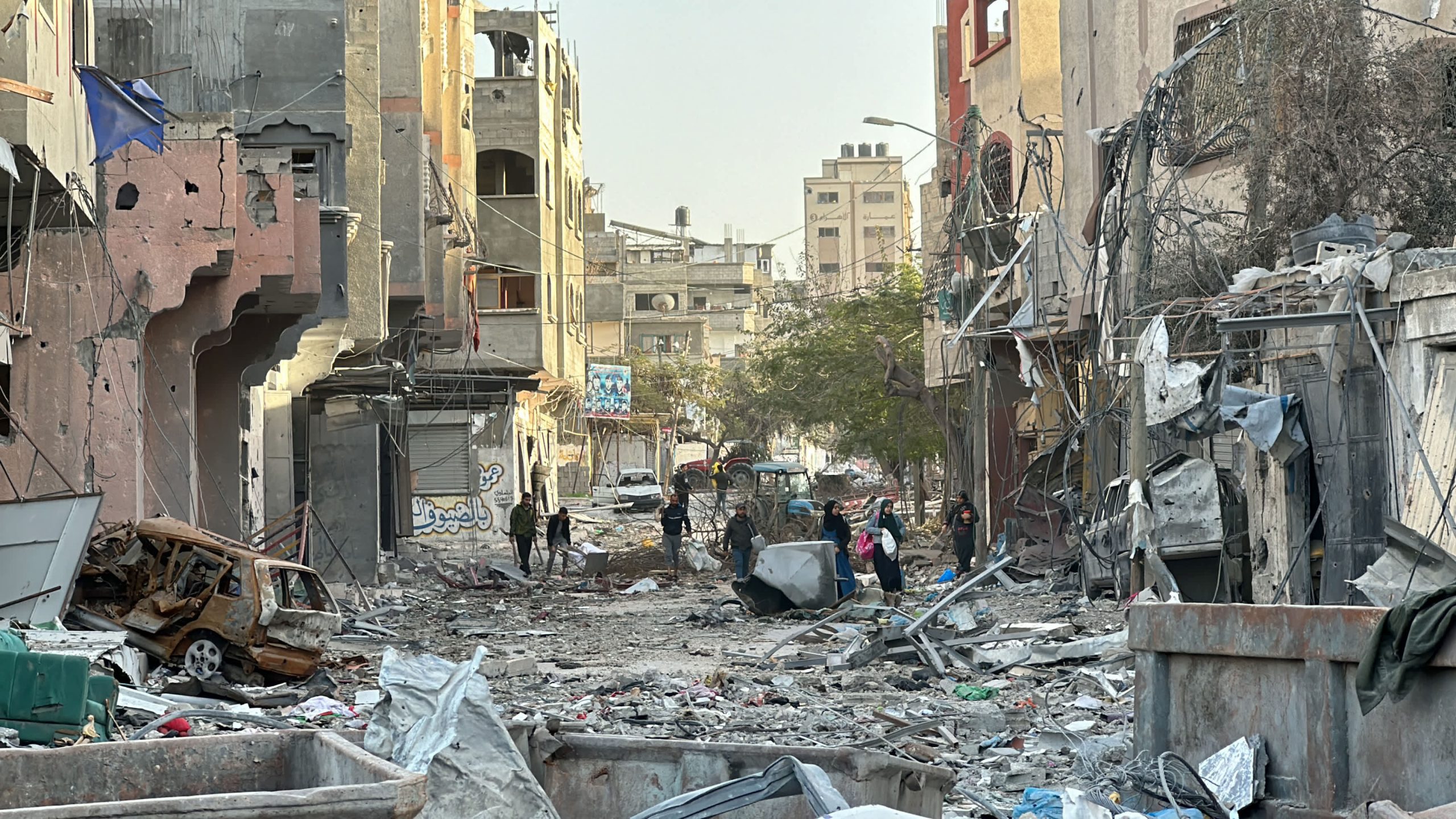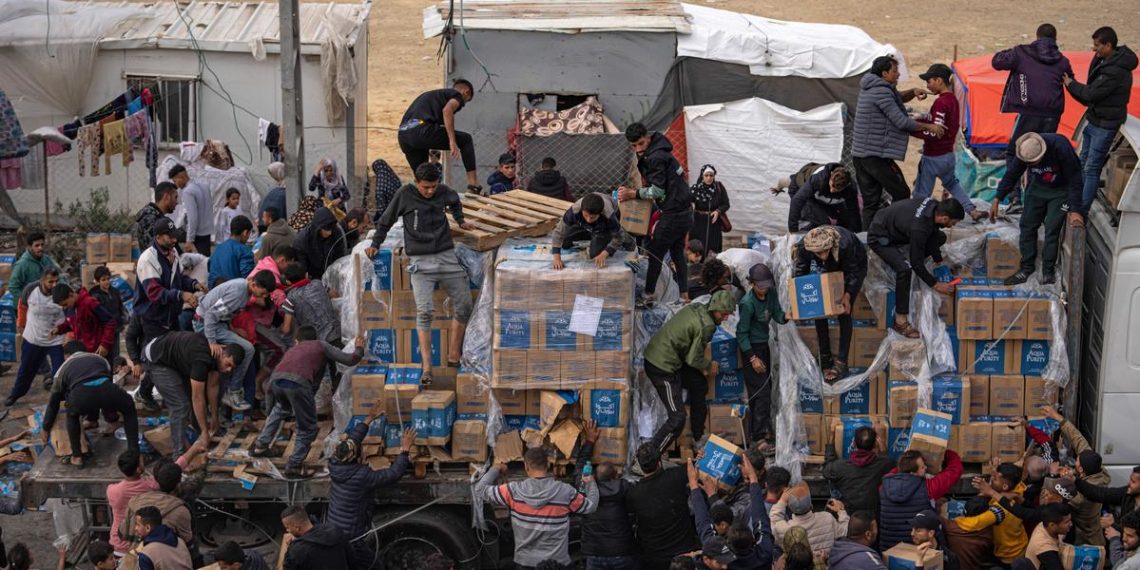U.N. Secretary-General Antonio Guterres emphasized the urgent need for a significant supply of aid to Gaza to combat starvation. During his visit to Jordan, he stressed the importance of opening more entry points without obstacles from Israel to facilitate humanitarian efforts.
Guterres expressed concern over the dire situation in northern Gaza and highlighted the critical role of UNRWA in providing essential services to millions of refugees across the region.
He condemned the decision to prevent aid convoys from reaching starving populations in northern Gaza, calling it unacceptable and urging those responsible to face the consequences.

Jordan’s Foreign Minister Safadi echoed these sentiments, appealing to the U.N. Security Council to pass a resolution demanding a ceasefire and unrestricted aid access.
Safadi emphasized the humanitarian imperative of stopping the violence and ensuring access to food and medicine for innocent civilians.
The ongoing conflict has exacerbated the already dire humanitarian situation in Gaza, with half of the population seeking refuge in the southern town of Rafah. Israel’s blockade on imports of food, medicine, power, and fuel has further worsened the crisis.
Despite allowing some aid deliveries, security checks and logistical challenges have hindered humanitarian operations.

UNRWA, the main provider of assistance to Palestinian refugees, has faced challenges following accusations by Israel of staff involvement in attacks. This led to a pause in funding from major donors, threatening the agency’s ability to provide essential services.
However, some countries have since restored funding, underscoring the importance of UNRWA’s work in the region.
Israel denies allegations of blocking aid to Gaza, placing the responsibility for aid delivery on the U.N. and humanitarian agencies. The situation remains precarious, with innocent civilians bearing the brunt of the conflict’s consequences.




